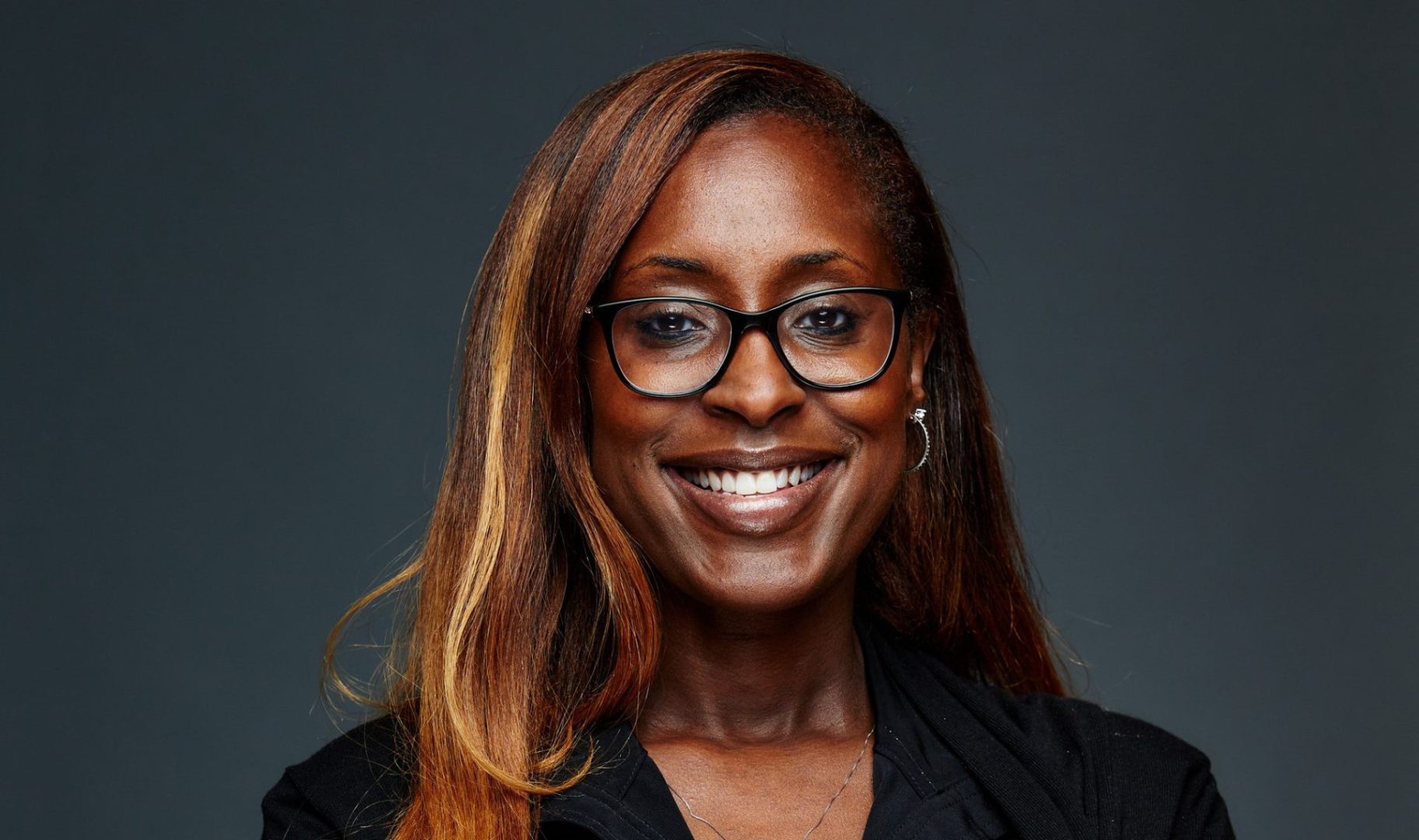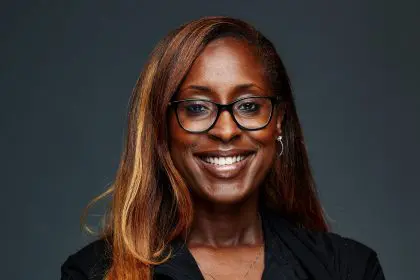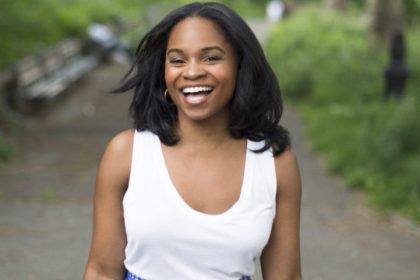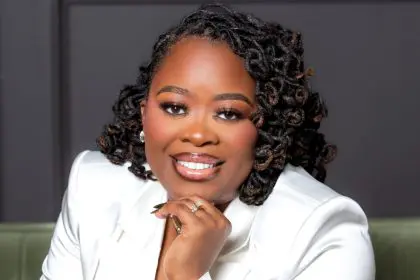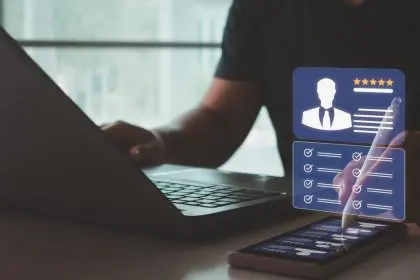In a crowded landscape of data analytics startups, CModel Data stands apart through its laser focus on what founder Teasha Cable identifies as the true missing ingredient in business decision-making: trust. As the CEO of this decision intelligence company based in Birmingham, Alabama, Cable has developed a platform that transforms fragmented decision processes into trackable, learnable systems, but her approach goes beyond technology to address the human elements that often determine business success or failure.
“The very first insight is that often what goes missing in the decision making process within an organization is trust,” Cable explains. “Without that trust, most people are really stopped at the door.”
The transparency imperative
According to Cable, many business strategies never reach implementation because stakeholders don’t trust the process or anticipated outcomes. Her solution isn’t radical transparency, which can overwhelm and confuse, but strategic information sharing.
“You don’t have to spill all the beans in one place, but you certainly need to make sure that the right amount of information is available to people up and down the spectrum at the right time,” she says. This calibrated transparency serves as the foundation for everything CModel aims to accomplish.
Cable believes transparency builds employee morale and aligns teams with organizational purpose and mission. More importantly, it creates the conditions for strategies to be properly implemented rather than languishing in slide decks and planning documents.
“A lack of trust can make it so strategies never get implemented properly because people don’t necessarily trust or believe in the outcome,” she observes.
From alignment to action
The second critical insight in Cable’s framework focuses on alignment, particularly around outcomes and actions. This alignment depends on establishing a baseline of shared information.
“If I know how much time something is going to take for me to do, and when I expect to actually see value on the thing I’m going to do, it’s going to be much easier to align people around my decision to do that,” she explains.
Without this alignment, organizations get stuck in endless planning cycles or implement strategies that team members don’t fully support. Cable sees this as a primary reason many businesses experience stagnant growth despite seemingly solid plans.
“Most companies see little to no growth when you take inflation into account,” she notes, citing research from Harvard Business Review. “It’s because when you’re trying to answer the question ‘what do I do to achieve my goals and know why?’ it’s incredibly complex.”
This complexity often leads to choosing the wrong initiatives or implementing the right ones at the wrong time, problems CModel’s platform aims to solve by making the decision process more systematic and transparent.
The opportunity landscape
Perhaps most fascinating is Cable’s perspective on identifying untapped market opportunities, a philosophy that led her to relocate CModel from California to Birmingham, Alabama.
“Sometimes opportunities can be found in places that you don’t necessarily think about, and my move to Birmingham is an example of that,” she shares. Originally attracted by investment from Alabama Futures Fund, Cable discovered an ecosystem ripe for the kind of work CModel does, particularly around economic development.
This geographical insight has proved strategic. “There’s a number of mid-size businesses here in this area. There’s a geographic connection to Georgia and Louisiana and Tennessee, places where we can sort of expand to at the right time.”
For founders looking to identify similar opportunities, Cable recommends looking beyond obvious problems to discover the deeper dynamics at play.
“The problem is looking beyond the problem,” she says cryptically before explaining, “When I look into how people spend their money to solve this problem, that’s where I found where CModel can come in and drive a very specific result.”
Building resilient companies
Cable’s approach to entrepreneurship extends beyond immediate growth metrics to focus on long-term sustainability. When asked what building a sustainable company means, she answers without hesitation: “Know your numbers. First, it means have a solid business strategy, core business strategy, know who you are. The second one is, know where it is that you ultimately want to go.”
This focus on fundamentals is particularly important for underrepresented founders. Cable notes the stark statistics facing Black entrepreneurs, especially Black women, when it comes to venture funding.
“One percent of any company is ever going to get venture capital, and one percent of that one percent will be Black, and then point one percent of that one percent will be Black women,” she states. Given these realities, she advises founders to build businesses that can be capitalized through revenue rather than relying solely on external investment.
“When you have a set of values that are very clear, and when you have a clearly defined purpose that is not just ‘make money’… and when that purpose is clearly identified in your vision, meaning what does the world look like when your purpose is fulfilled… then there’s a high probability that you can make it from where you are to the next phase.”
Mentorship as knowledge sharing
Cable’s journey has been shaped by unconventional mentorship relationships based on knowledge sharing rather than formal arrangements.
“Mentorship hasn’t come in like a traditional ‘Hey, I’m your mentor,'” she explains. “Usually what happens is, I find people who maybe are like-minded, or have certain levels of expertise in an area, and they’re just willing to share.”
She actively seeks out people “who don’t hoard knowledge” and spends as much time as possible learning from them. More importantly, she pays this forward by openly sharing her experiences with emerging entrepreneurs, including the mistakes and “don’ts” that are often kept hidden.
Measuring impact beyond profit
As CModel grows, Cable’s vision extends far beyond conventional success metrics. When asked how she measures impact beyond financial returns, she focuses on the long-term transformation of work itself.
“Our goal here is to build outcome-focused visionaries so that people will create more opportunities for other people,” she explains. “How many businesses live long enough to make additional impact on things that aren’t just tied to money? How many businesses have employees that are able to give back, not just of their money, but their time in their communities?”
These questions reflect Cable’s understanding that business growth should contribute to broader social good, a perspective that may explain why she’s found such fertile ground in Birmingham, where CModel now participates in initiatives ranging from business censuses to educational programs at Miles College.
As artificial intelligence increasingly handles routine business tasks, Cable sees entrepreneurship evolving toward a more fundamentally human activity: creating something new from uniquely human perspectives. By building systems that make decision-making more accessible and transparent, she’s helping to create a business environment where more people can contribute their highest capabilities, a vision that extends well beyond immediate profit to reshape how we understand the very purpose of business growth.

